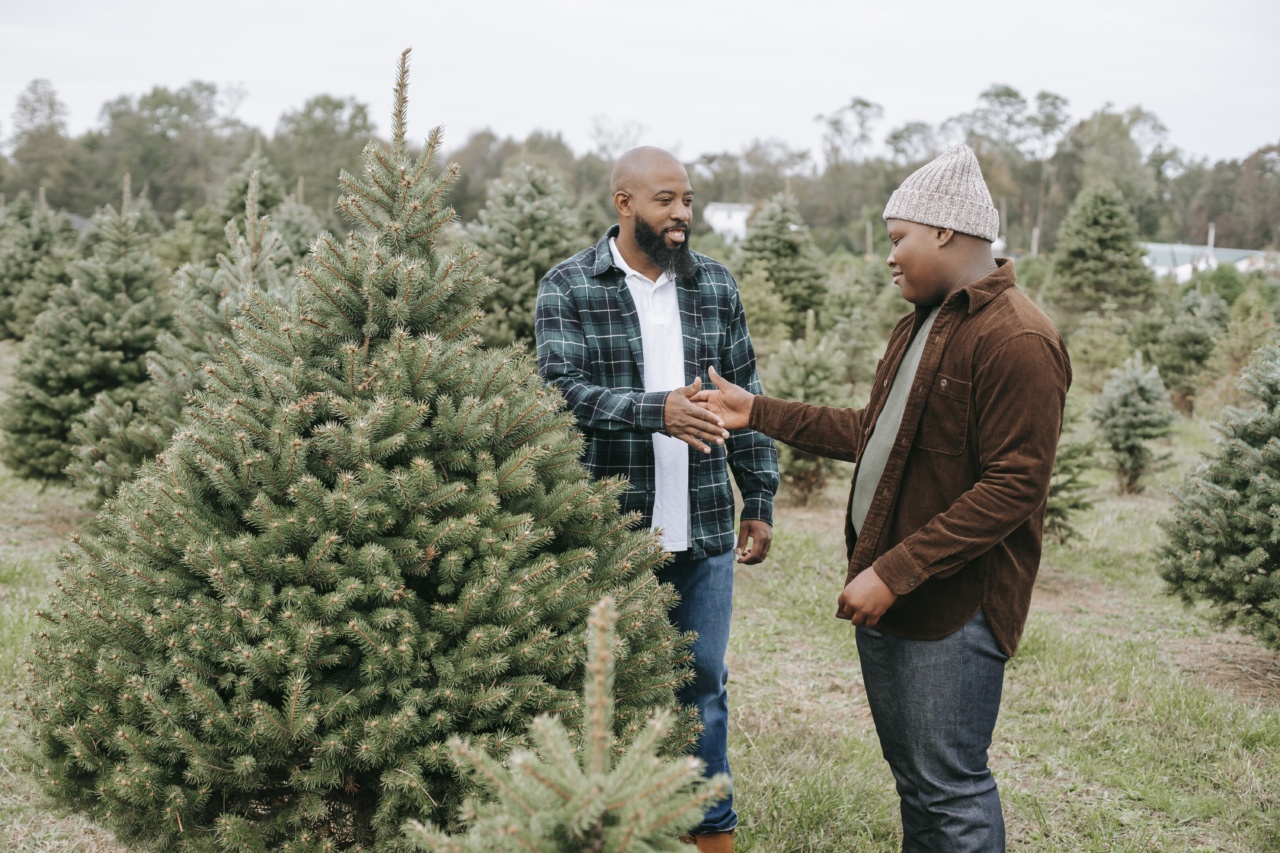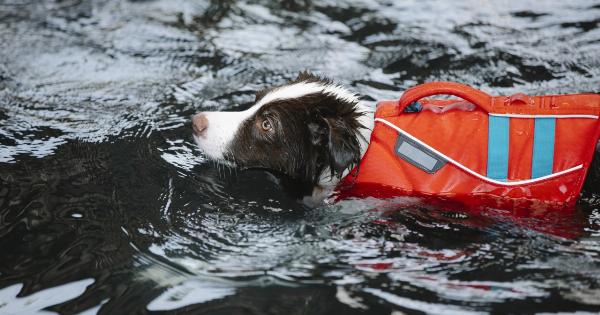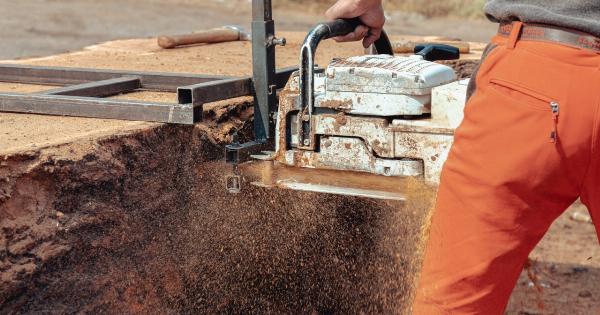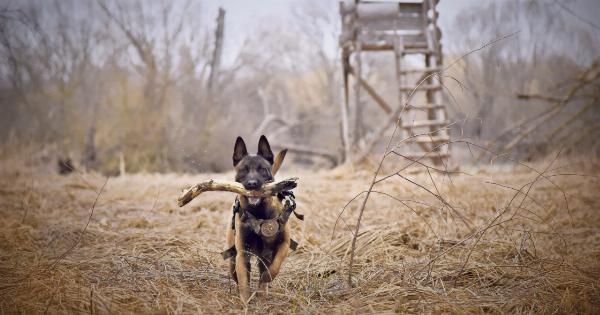Just like human teenagers, teenage dogs can be a handful. During this stage, puppies are growing up and becoming more independent.
This is the time when they may be less interested in following your commands and more interested in exploring and getting into mischief.
As a pet parent, it is essential to understand the needs of your puppy during their teenage years. Here are ten tips to help you manage your dog’s teenage years:.
1. Keep Up with Socialization
It is crucial to continue socializing your dog during their teenage years. They need to learn how to behave around other dogs and people, so they don’t develop social anxiety or aggression.
Take your dog to dog parks, meetups, and training classes to reinforce socialization.
2. Consistent Training
The teenage years are a period where your dog will test boundaries and learn independence. Ongoing training will reinforce good behavior and help them learn new skills.
Consistency and regular positive reinforcement training will go a long way in shaping their behavior.
3. Exercise and Playtime
It’s essential to keep your teenage dog engaged, both mentally and physically. Regular exercise and playtime are critical to maintaining their physical and mental well-being.
Consider enrolling them in agility training or taking them on long walks or runs to help them expend their energy.
4. Managing Separation Anxiety
Teenage dogs are still learning how to be alone without becoming anxious or destructive. Gradual exposure and desensitization may help them cope well when you’re not there.
Consider crate training or leaving toys and treats to keep them occupied during your absence.
5. Reinforce Good Behavior
It’s easy to focus on the behavior that you don’t want from your teenage dog. But it’s essential to identify and reinforce their positive behavior. Reward good behavior with treats and praise, so they learn to repeat that behavior.
And avoid yelling or scolding, which may make them more anxious or rebellious.
6. Keep up with vaccinations and Vet checkups
The teenage years are a time when your dog’s immune system is still developing. Regular vet checkups and vaccinations are essential to keep your dog healthy and prevent the spread of infectious diseases.
7. Avoid Medical Mistakes
During your dog’s teenage years, it’s common to see them eat or drink things they shouldn’t. Be mindful of the medications they take or the chemicals they encounter.
Seek veterinary attention at the first sign of distress if they eat anything toxic.
8. Keep them Safe
Teenage dogs are prone to roaming and exploring their environment. Be mindful of their movements, so they don’t get into trouble. Keep them on a leash during walks, and ensure your garden or home is secure so they cannot escape.
Don’t leave unsupervised with young children and ensure that the fence around your pool is secure.
9. Address Negative Behaviors Early
It’s crucial to address negative behavior as soon as you notice it. If your teenage dog starts growling, jumping, or biting, it’s time to act.
Consult with your vet or a dog behaviorist to identify the root cause and address it at the earliest possible time.
10. Patience and Love
During their teenage years, your dog may act out or rebel. It’s essential to be patient and show love to your furry friend.
With continuous reinforcement, positive training, and patience, your dog will transition from their teenage years into adulthood as an upstanding member of your family.




























